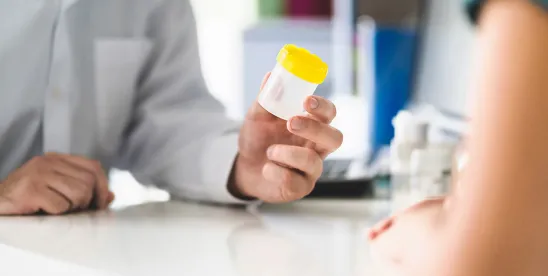On August 9, 2024, China’s State Administration for Market Regulation (SAMR) released the Antitrust Guidelines for the Pharmaceutical Sector (Draft for comments) (关于药品领域的反垄断指南(征求意见稿)) that includes sections covering reverse payments for generic pharmaceutical patents and evergreening of patents. 
Reverse Payments:
The Supreme People’s Court (SPC) recently issued the Interpretation of the Supreme People’s Court on Several Issues Concerning the Application of Law in the Trial of Civil Disputes over Monopoly that mentioned reverse payments. Now the SAMR has their turn:
Article 13 reads,
There is an actual or potential competition relationship between the patent holder of the generic drug and the generic drug applicant. If the patent holder of the generic drug gives or promises to give direct or indirect benefit compensation to the generic drug applicant without justifiable reasons, and the generic drug applicant makes a reverse payment agreement with non-competition commitments such as not challenging the validity of the patent rights related to the generic drug, delaying entry into the market related to the generic drug, or not selling generic drugs in a specific region, it may constitute a monopoly agreement prohibited by Article 17, Paragraph 2, Paragraph 3, Paragraph 4 or Paragraph 6 of the Anti-Monopoly Law.
When antitrust enforcement agencies analyze whether a reverse payment agreement constitutes a monopoly agreement, they consider the following factors:
(1) Whether the interest compensation given by the patent owner of the generic drug to the generic drug applicant obviously exceeds the cost of resolving disputes related to the generic drug patent and cannot be reasonably explained;
(ii) If the generic drug applicant files a request for patent invalidation, the possibility that the patent right of the generic drug will be invalidated as a result;
(3) Whether the agreement substantially prolongs the market exclusivity period of the generic drug patent holder or hinders or affects the entry of generic drugs into the relevant market;
(iv) Other factors that exclude or restrict competition in the relevant market.
Note that the SPC stated re reverse payments:
Where the plaintiff has evidence to prove that the agreement reached and implemented by the generic drug applicant and the patent right holder of the generic drug meets the following conditions at the same time, and claims that the agreement constitutes a monopoly agreement as provided for in Article 17 of the Anti-Monopoly Law, the People’s Court may support the claim:
(1) The generic drug patent right holder gives or promises to give the generic drug applicant obviously unreasonable monetary or other forms of compensation;
(2) The generic drug applicant undertakes not to question the validity of the patent rights of the generic drug or delay entering the relevant market of the generic drug.
If the defendant has evidence to prove that the compensation referred to in the preceding paragraph is only to make up for the costs of resolving disputes related to the patents of the generic drugs or has other legitimate reasons, or that the agreement complies with Article 20 of the Anti-Monopoly Law and claims that it does not constitute a monopoly agreement as stipulated in Article 17 of the Anti-Monopoly Law, the people’s court shall support it.
Evergreening:
The SAMR draft also covers evergreening, e.g., making minor changes to a drug to get a new patent (e.g., dosage, coating, administration method, etc.).
Article 28 reads,
Drug patentees with a dominant market position obtain new drug patent rights by redesigning existing patented technical solutions, and take measures such as stopping sales and repurchases to achieve a product jump from original patented drugs to new patented drugs. Any change of behavior that hinders the effective competition of generic drug companies may constitute an abuse of market dominance prohibited by Article 22, Paragraph 1, Item 7 of the Anti-Monopoly Law.
When the antitrust law enforcement agency of the State Council analyzes whether product switching constitutes an abuse of market dominance, it may consider the following factors:
(1) Whether the new patented drug is a non-substantive improvement, such as merely changing the dosage form of the drug or combining two or more drugs into a new drug, which fails to significantly improve the use or efficacy of the drug, or significantly improve the safety of the drug, etc.;
(2) Whether the conversion of original patented drugs to new patented drugs hinders or affects the entry of generic drugs into relevant markets;
(iii) When converting the original patented drug to the new patented drug, whether the original patent is approaching the expiration date or the generic drug is planned to enter the relevant market;
(iv) whether the range of choices for patients and physicians will be substantially restricted;
(5) Whether there are legitimate reasons.
There are also additional sections that reference patents.
The original text is available here (Chinese only). Comments are due to the SAMR by August 23, 2024.



 />i
/>i
